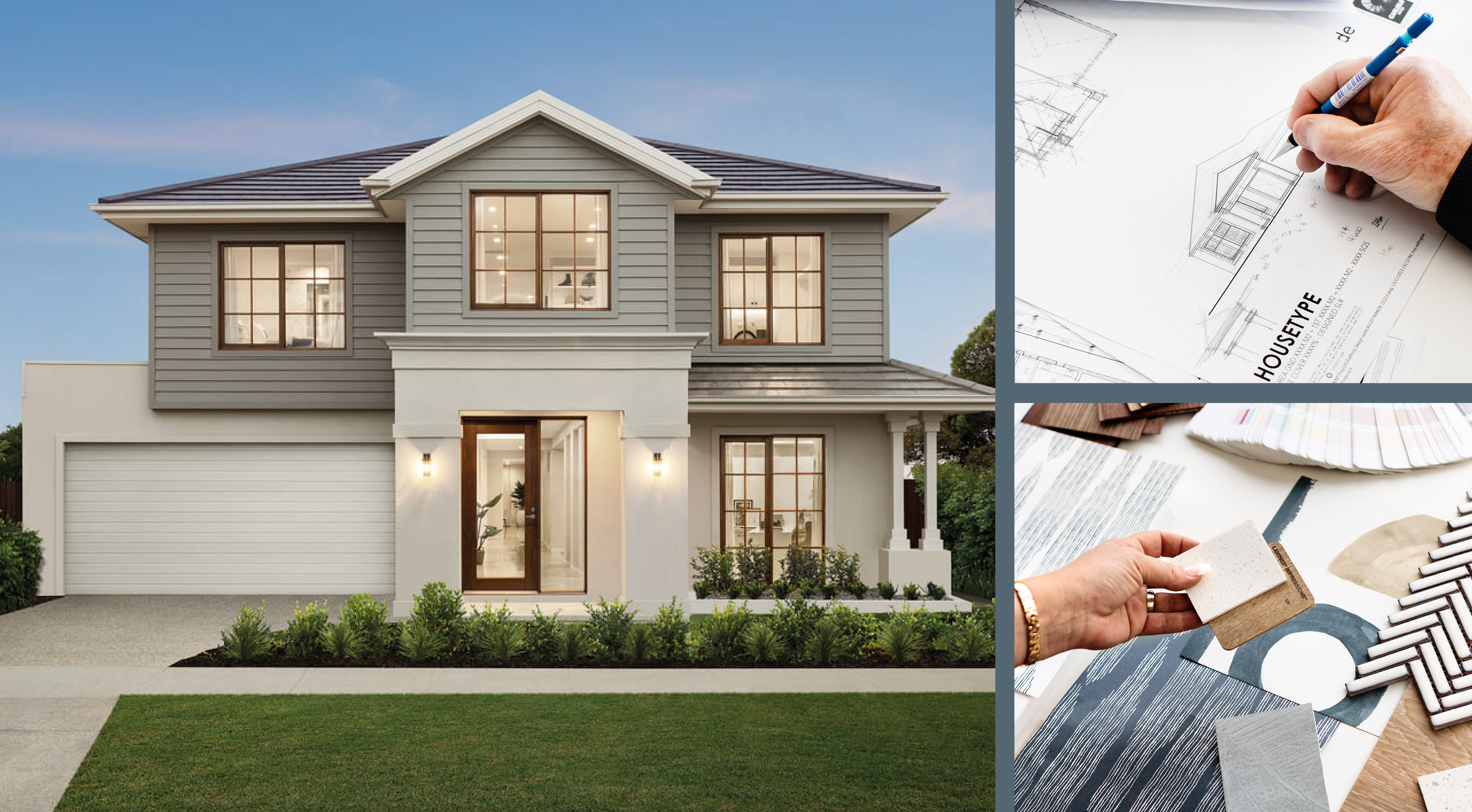 What to Look for in a Knockdown-Rebuild Site
What to Look for in a Knockdown-Rebuild Site
Demolishing an old and dysfunctional house and building a new, contemporary home with all the mod cons in its place is the dream for many homeowners –
 What to Look for in a Knockdown-Rebuild Site
What to Look for in a Knockdown-Rebuild Site
Demolishing an old and dysfunctional house and building a new, contemporary home with all the mod cons in its place is the dream for many homeowners –
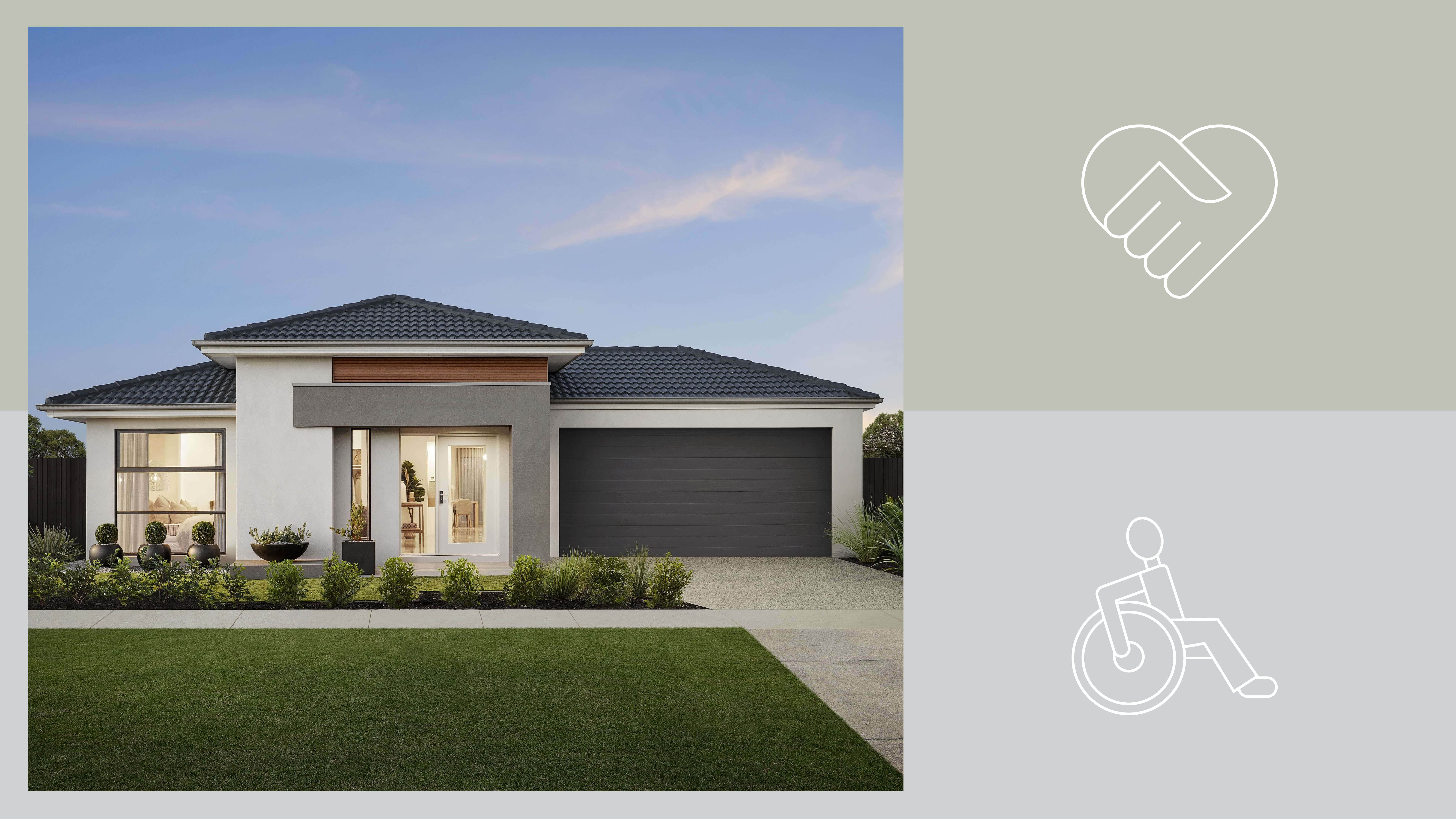 How to Pick an Access-Friendly Home Design
How to Pick an Access-Friendly Home Design
If you have limited mobility, plan to age in place, or want to make your home safer and easier for your little ones to navigate, here are the features to look for in a home design.
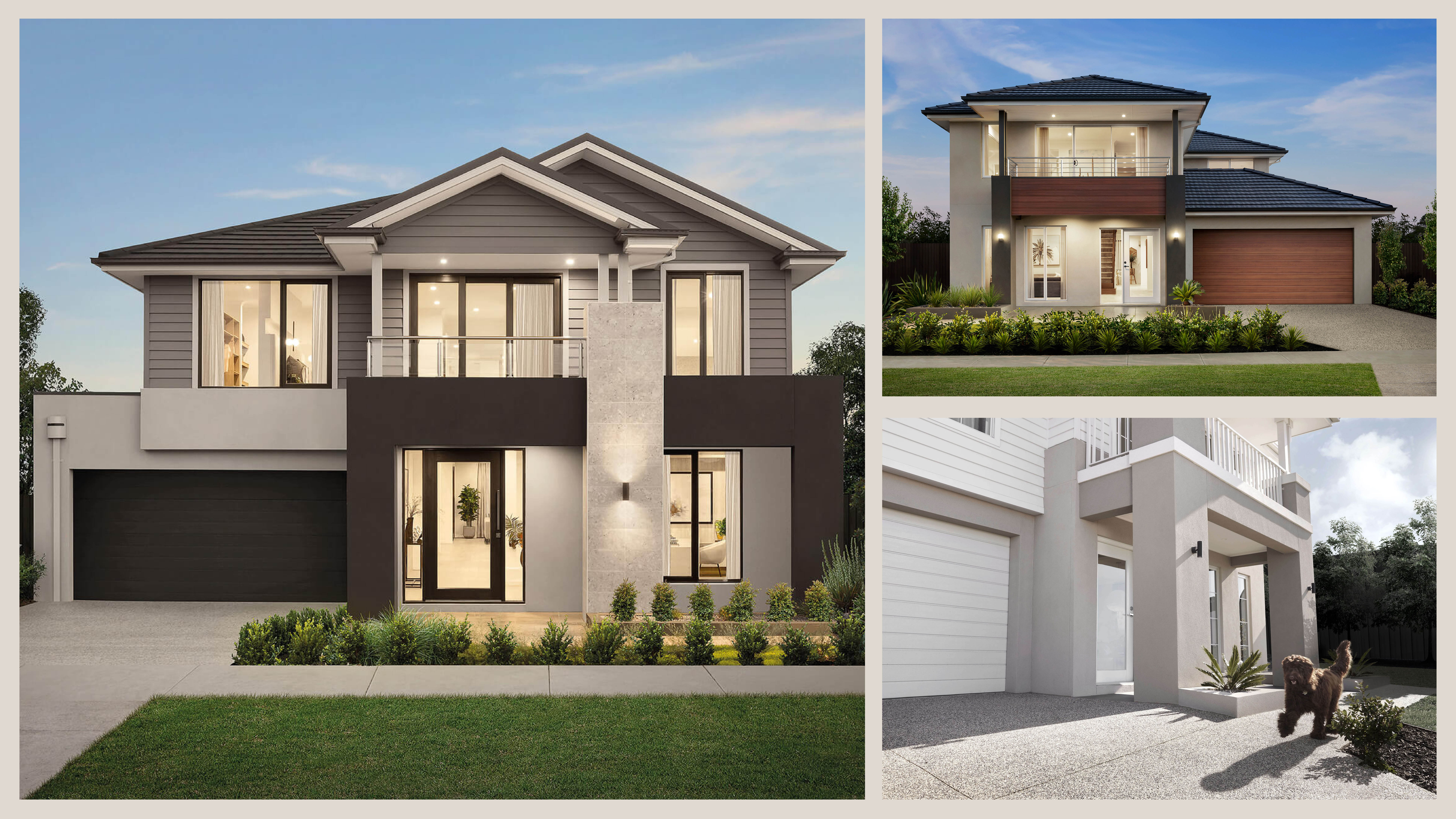 Hebel: The Sturdy Solution for Your Outdoor Essentials
Hebel: The Sturdy Solution for Your Outdoor Essentials
Have you chosen high-performance Hebel for your home’s facade?
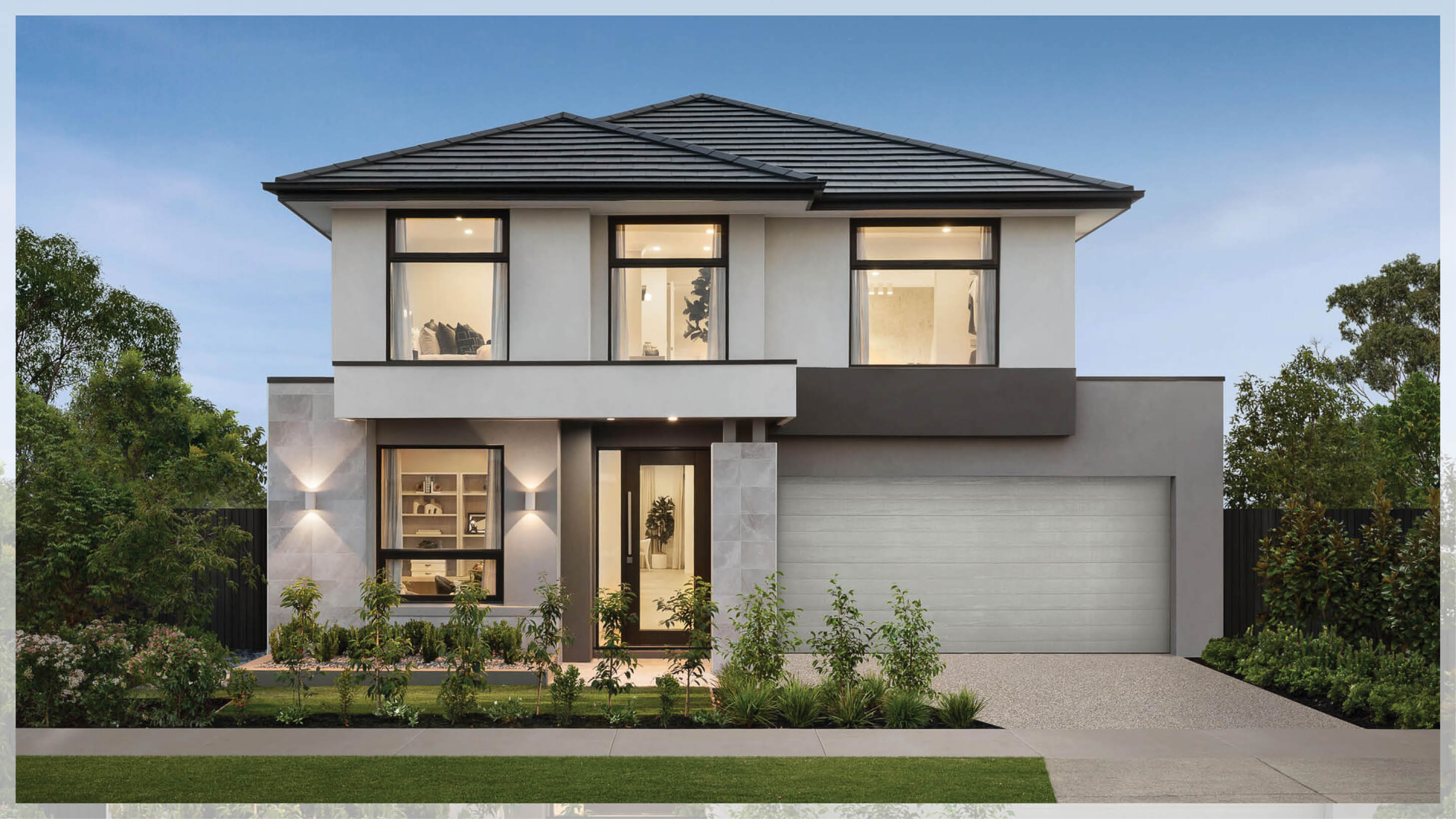 6 Best-Loved Homes Optimised for 50-Foot Lots
6 Best-Loved Homes Optimised for 50-Foot Lots
Planning a knockdown-rebuild on a 50-foot-wide (15.24-metre) block?
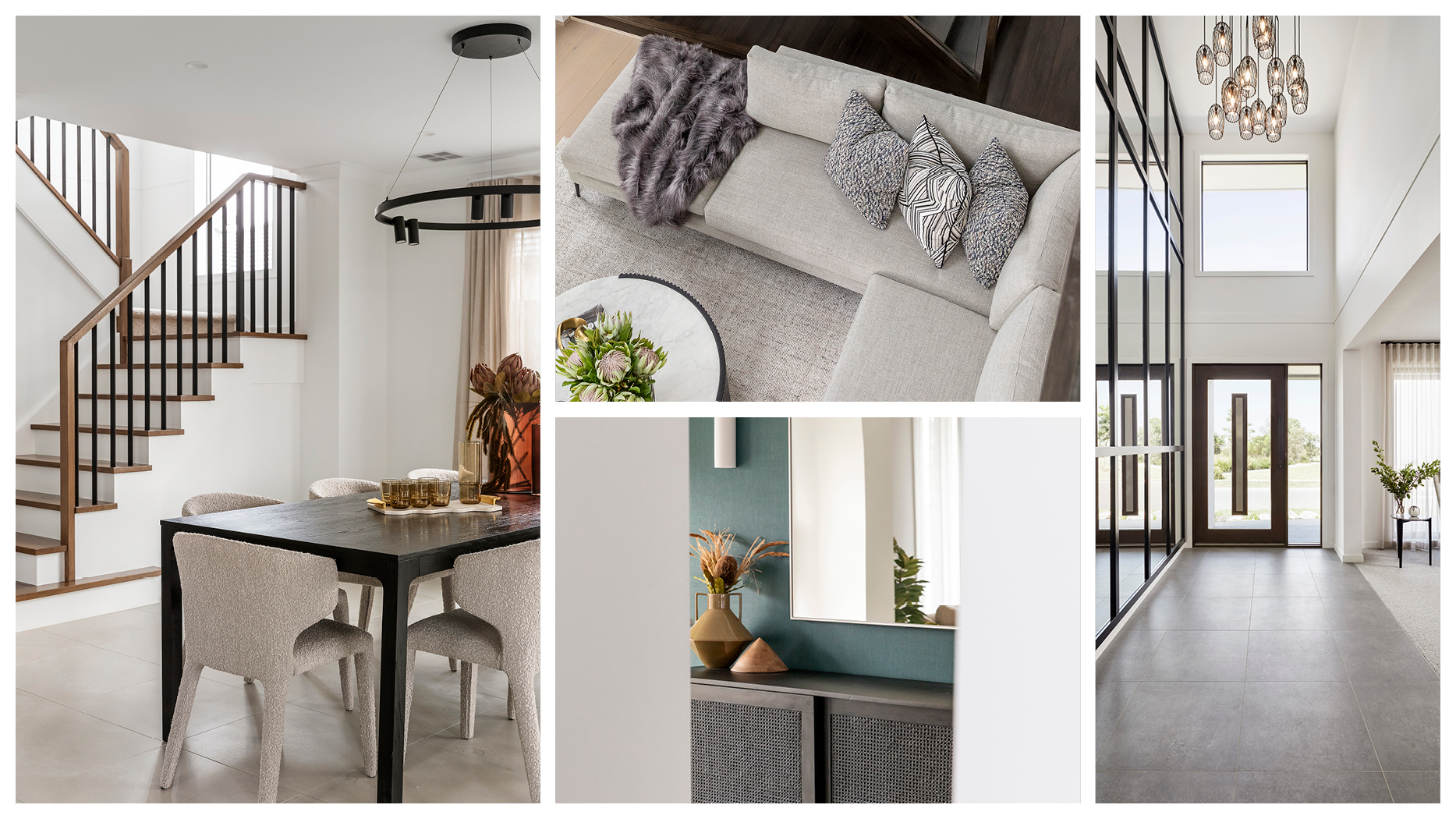 Accessible Homes: How New Building Rules Will Shape Your Layout
Accessible Homes: How New Building Rules Will Shape Your Layout
National building codes in Australia are getting an overhaul, with the focus on making homes more accessible and energy efficient.
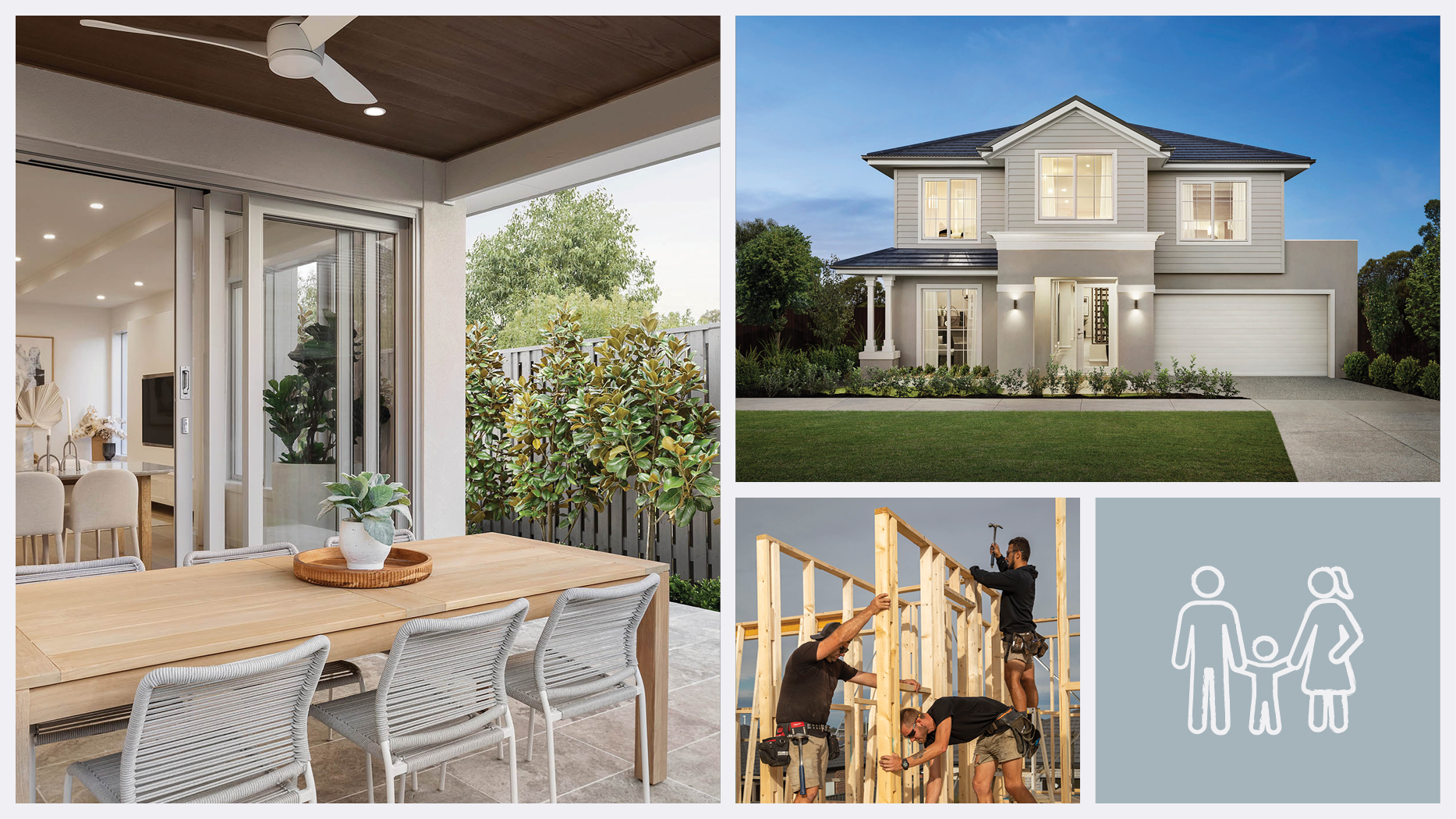 Renovate or Rebuild? Must-Know Facts to Guide Your Decision
Renovate or Rebuild? Must-Know Facts to Guide Your Decision
If you love where you live, but not the house you live in, chances are a renovation or knockdown-rebuild is on the cards – here are the key factors to consider when deciding between the two.
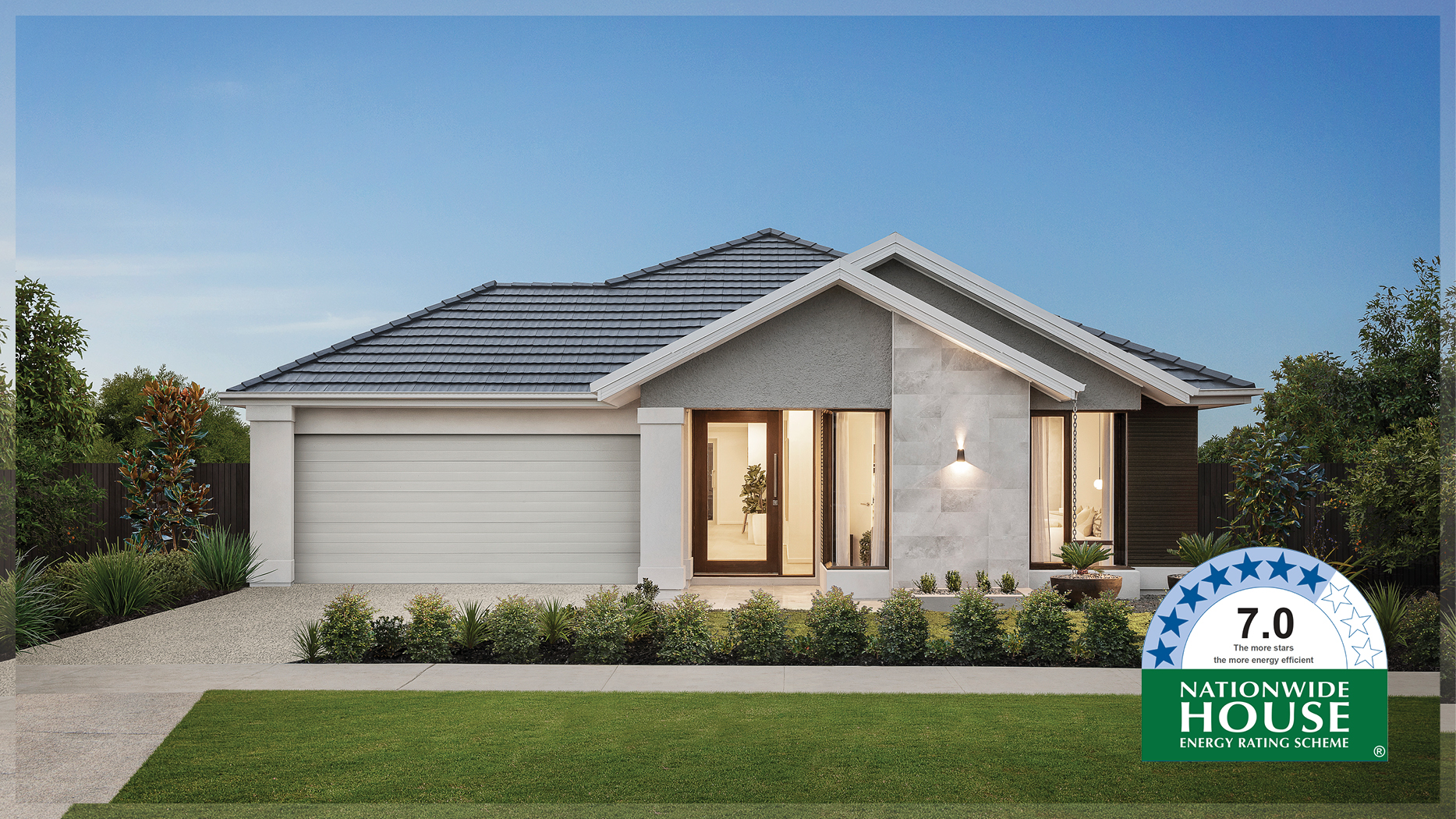 The Government’s New 7-Star Rating: What It Means
The Government’s New 7-Star Rating: What It Means
On 1 May 2024, energy-efficiency minimums for new homes in Australia will rise from six to seven stars. Here’s what it means for you.
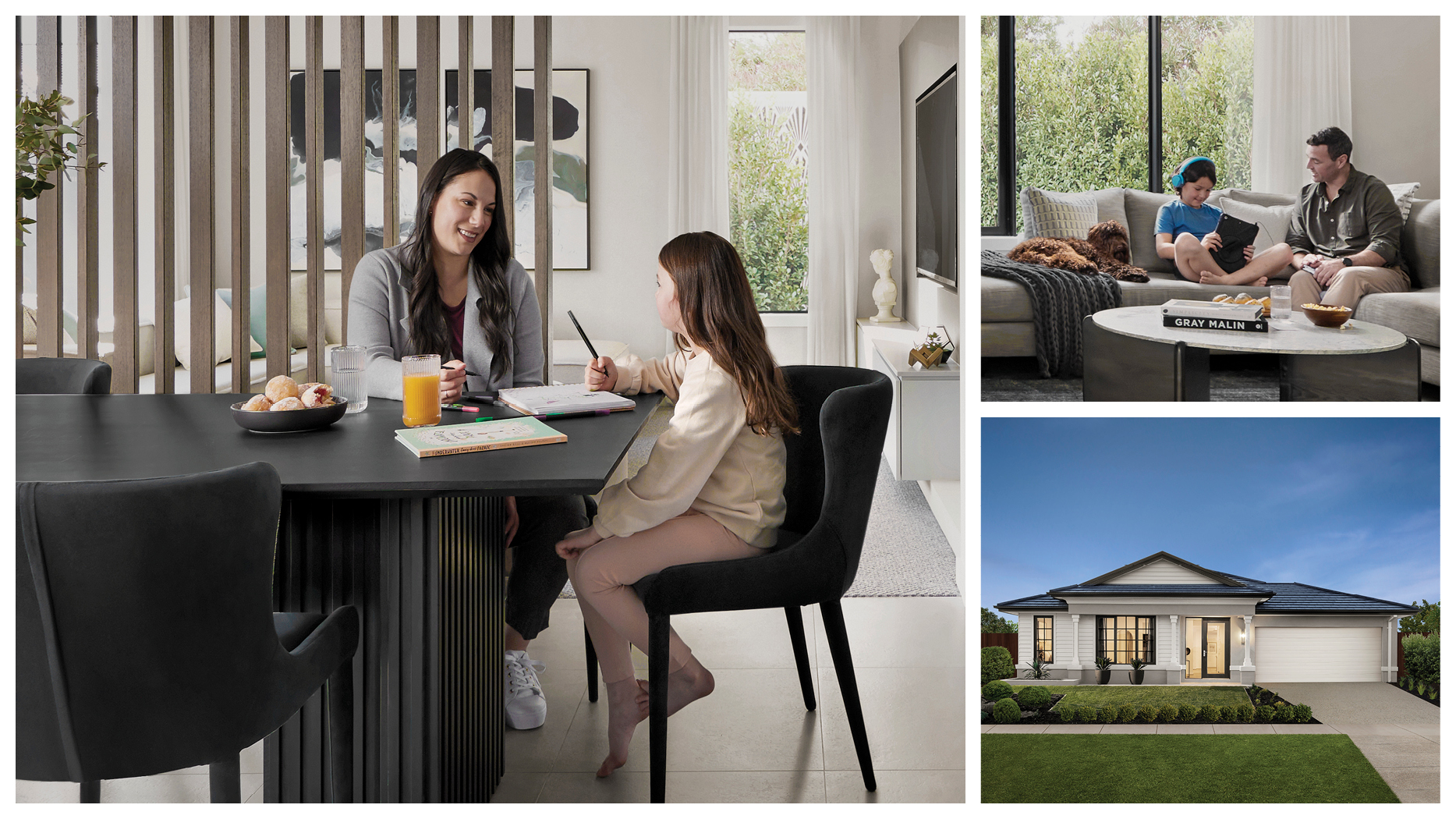 Discover Aurora Estate, Wollert: Your Perfect Family Haven
Discover Aurora Estate, Wollert: Your Perfect Family Haven
Are you ready to swap the stress of city life for a relaxed and easygoing lifestyle where you can enjoy more quality time with the kids? The beautiful Aurora Estate in Melbourne’s north could be just the place for you.
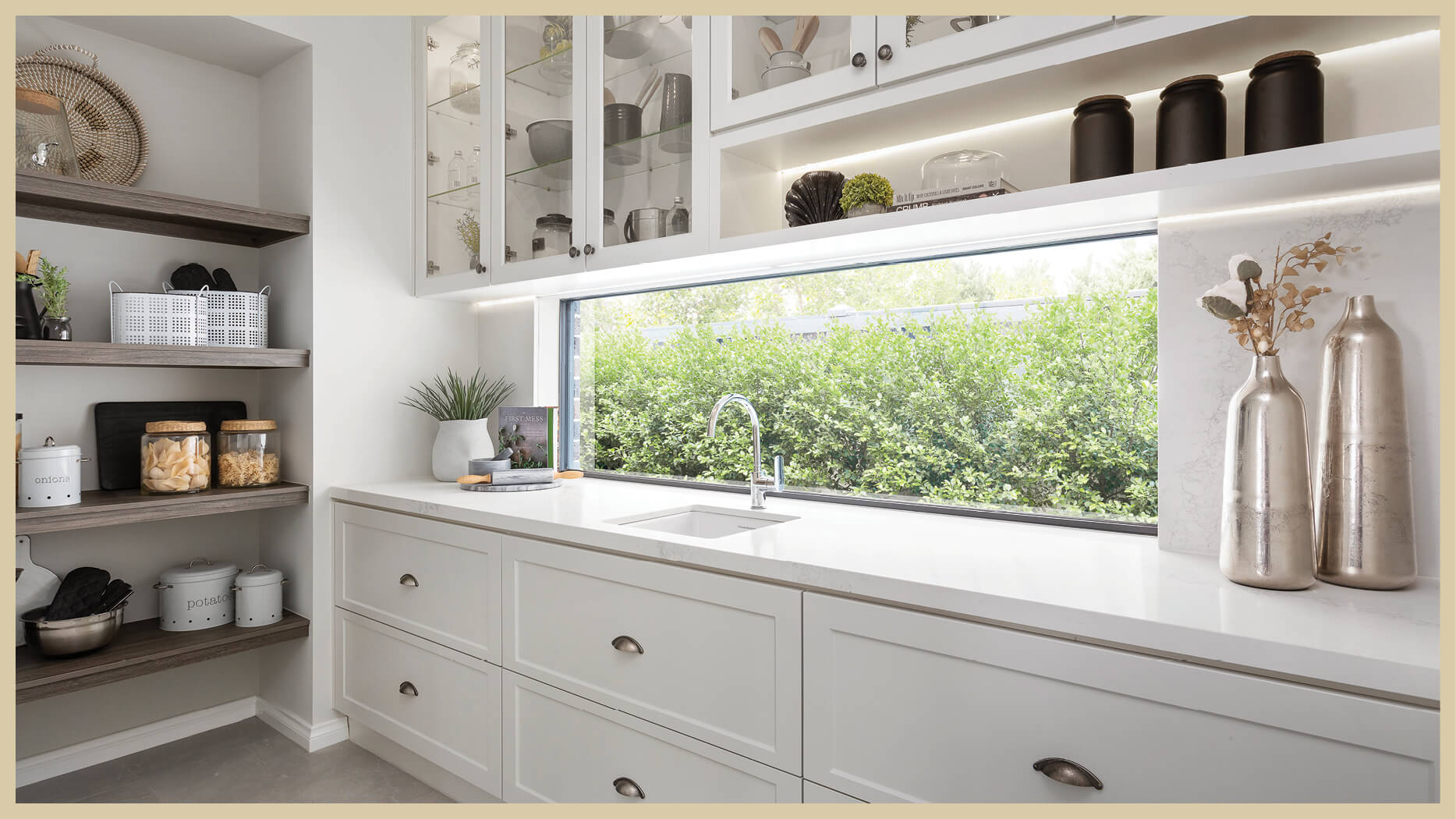 Plan Your Perfect Butler’s Pantry
Plan Your Perfect Butler’s Pantry
Having a little help behind the scenes is the secret to a pristine kitchen – enter the latest kitchen must-have, a butler’s pantry.
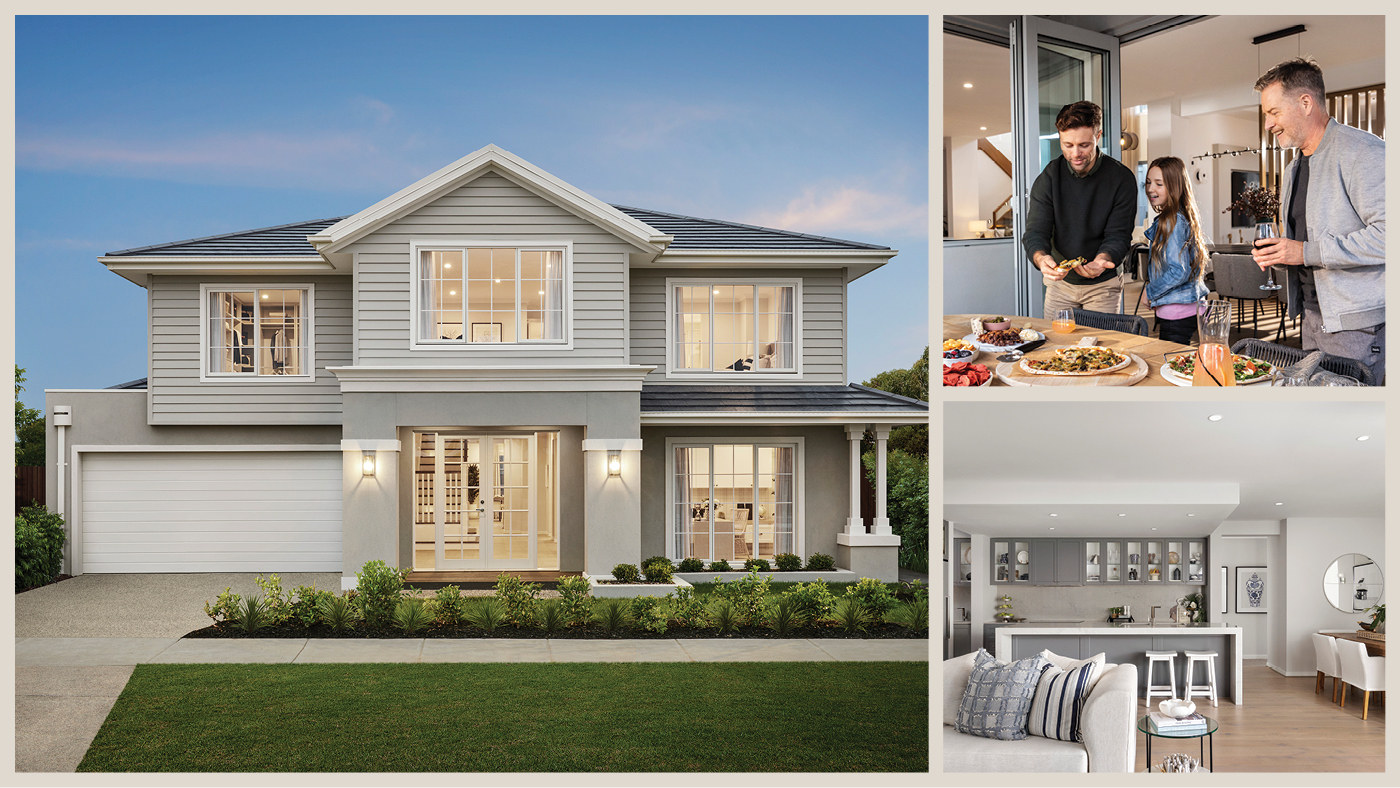 Love Glen Waverley, But Not Your House? Knock Down & Rebuild!
Love Glen Waverley, But Not Your House? Knock Down & Rebuild!
A knockdown-rebuild is the perfect solution if you adore living in Glen Waverley, but you’re fed up with your dated, too-small home – and our specialist team is here to help you every step of the way.
 Season 2 - Episode 5: The Building Process Explained
Season 2 - Episode 5: The Building Process Explained
Wondering what actually needs to happen to transform your empty block into a beautiful new home? In the latest episode of our new podcast, we reveal all!
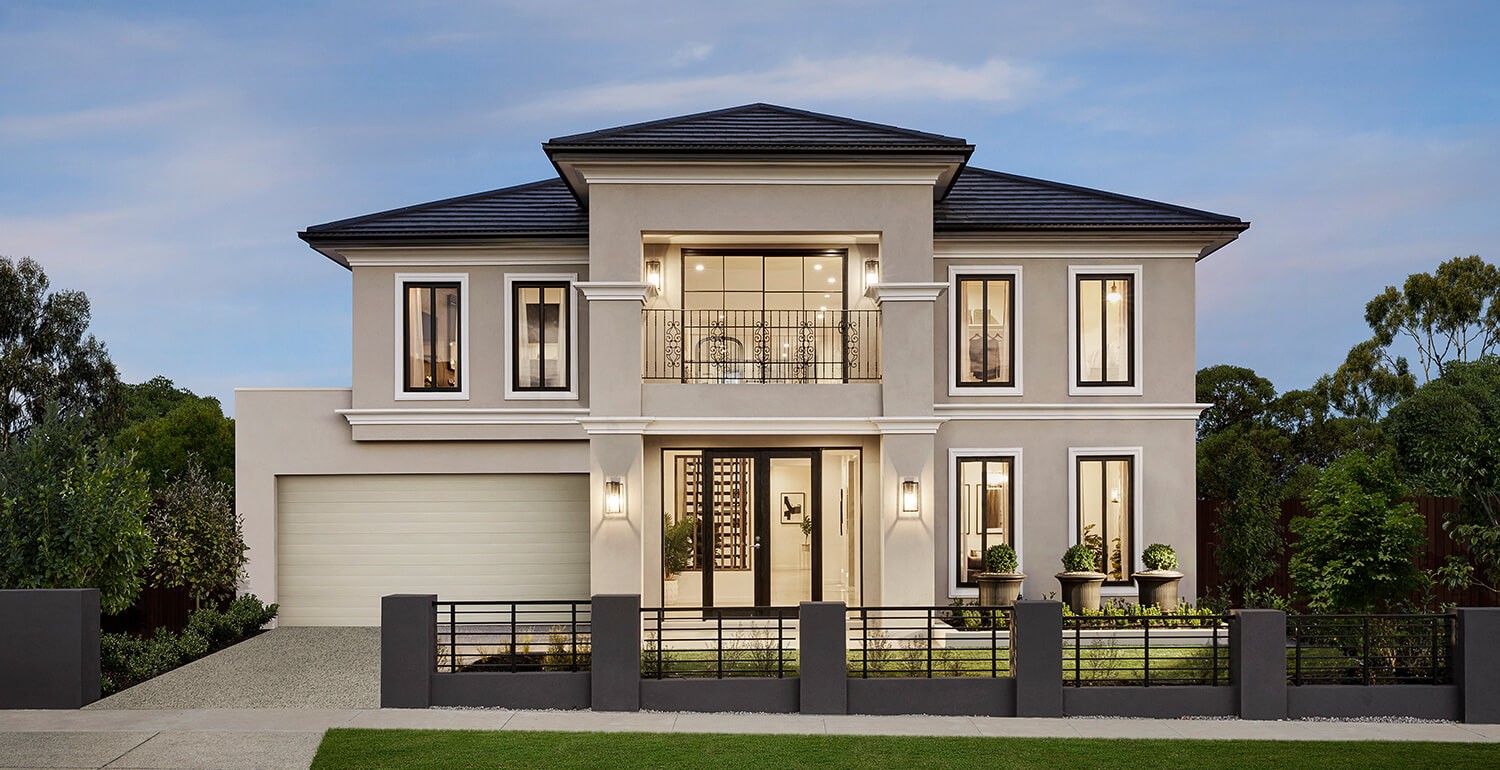 What is Hebel?
What is Hebel?
Strong, quick to install, energy-efficient and more – high-performance Hebel building products are fast taking over from traditional brick. Here’s everything you need to know.
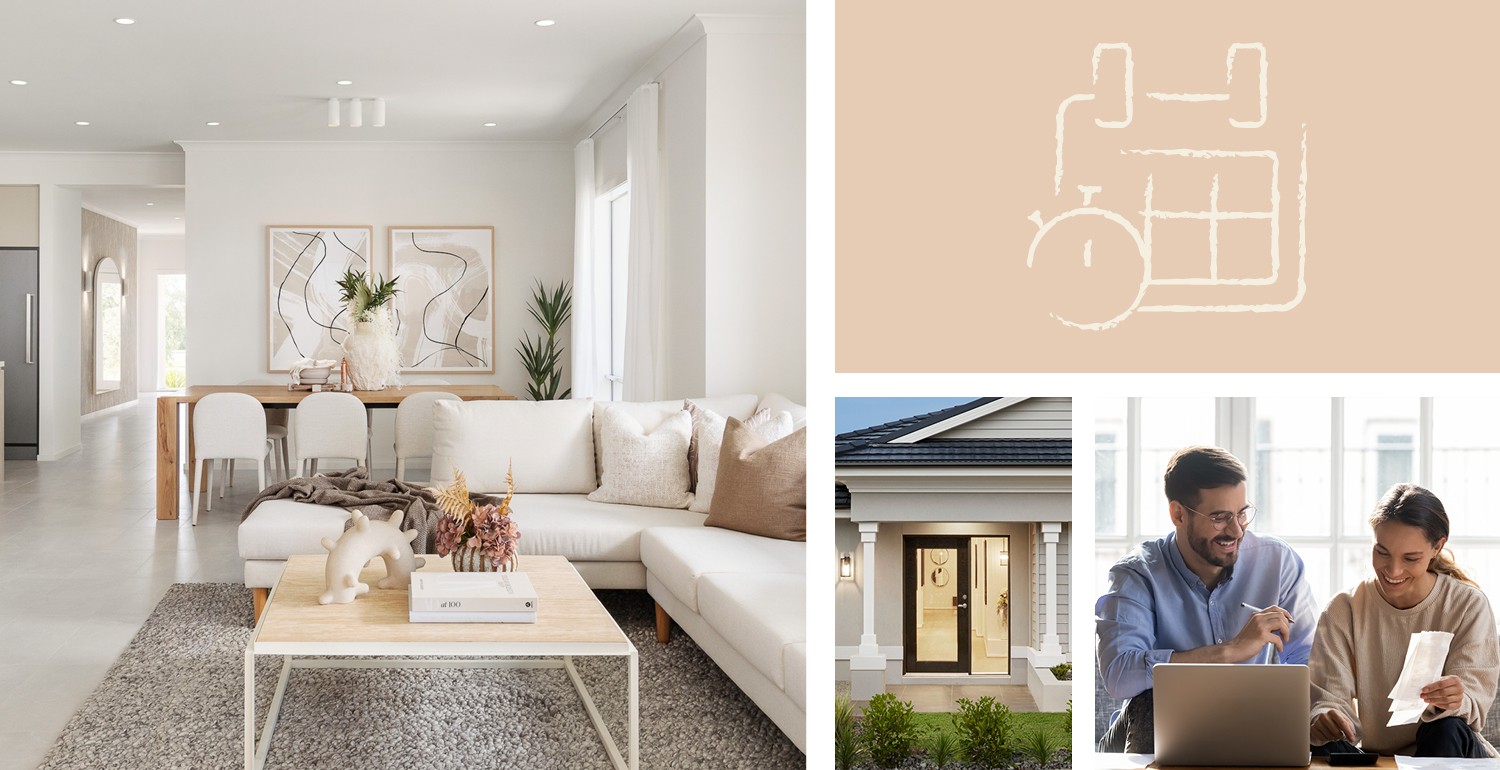 Got Titled Land? 5 Reasons to Act Now
Got Titled Land? 5 Reasons to Act Now
Discover why choosing your builder early gives you more options and greater freedom to build the home you want.
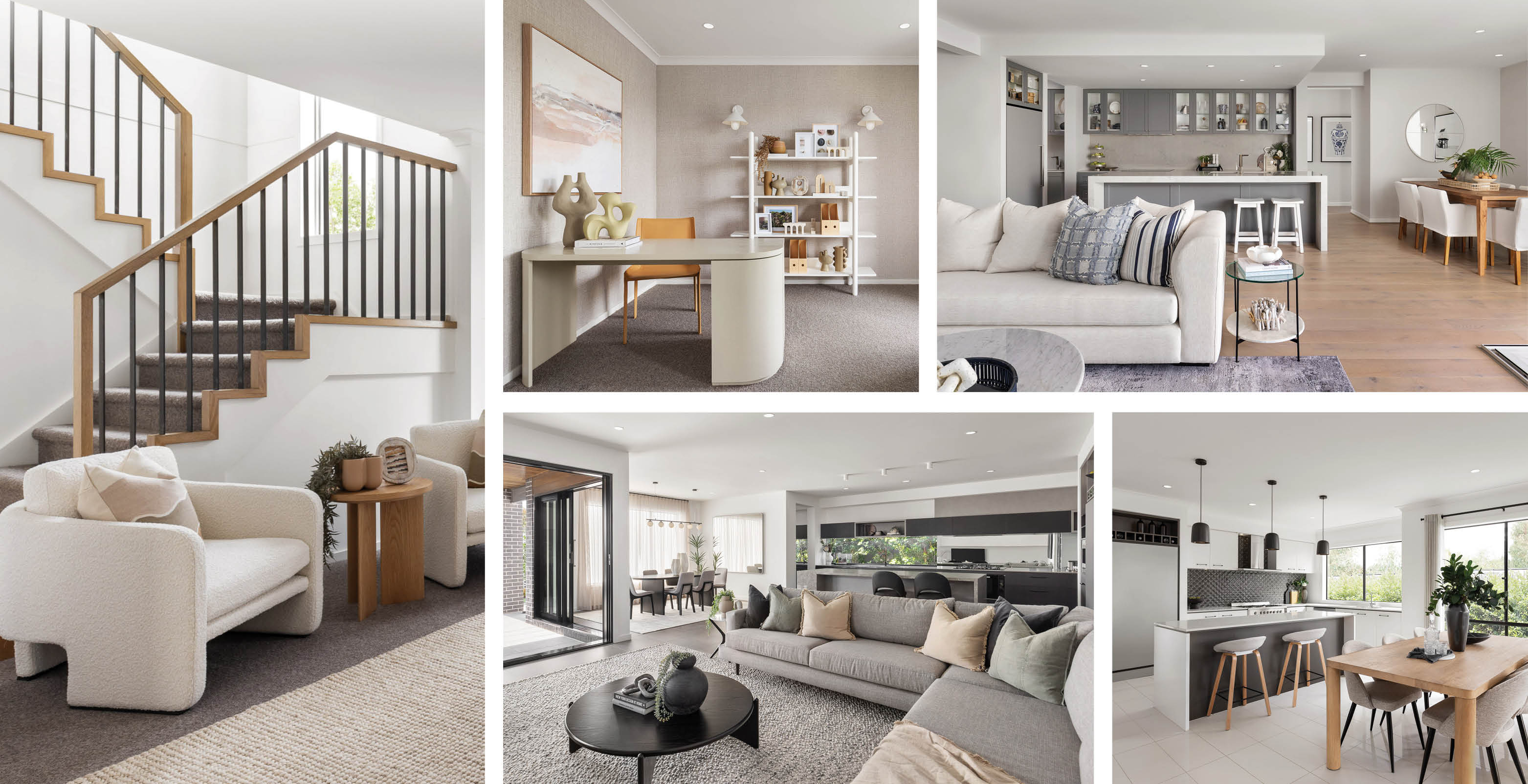 Act Fast: 4 Luxury Display Homes for Sale at Jubilee Estate
Act Fast: 4 Luxury Display Homes for Sale at Jubilee Estate
If you’re looking for a fast and convenient way to secure the home of your dreams, don’t miss this incredible opportunity!
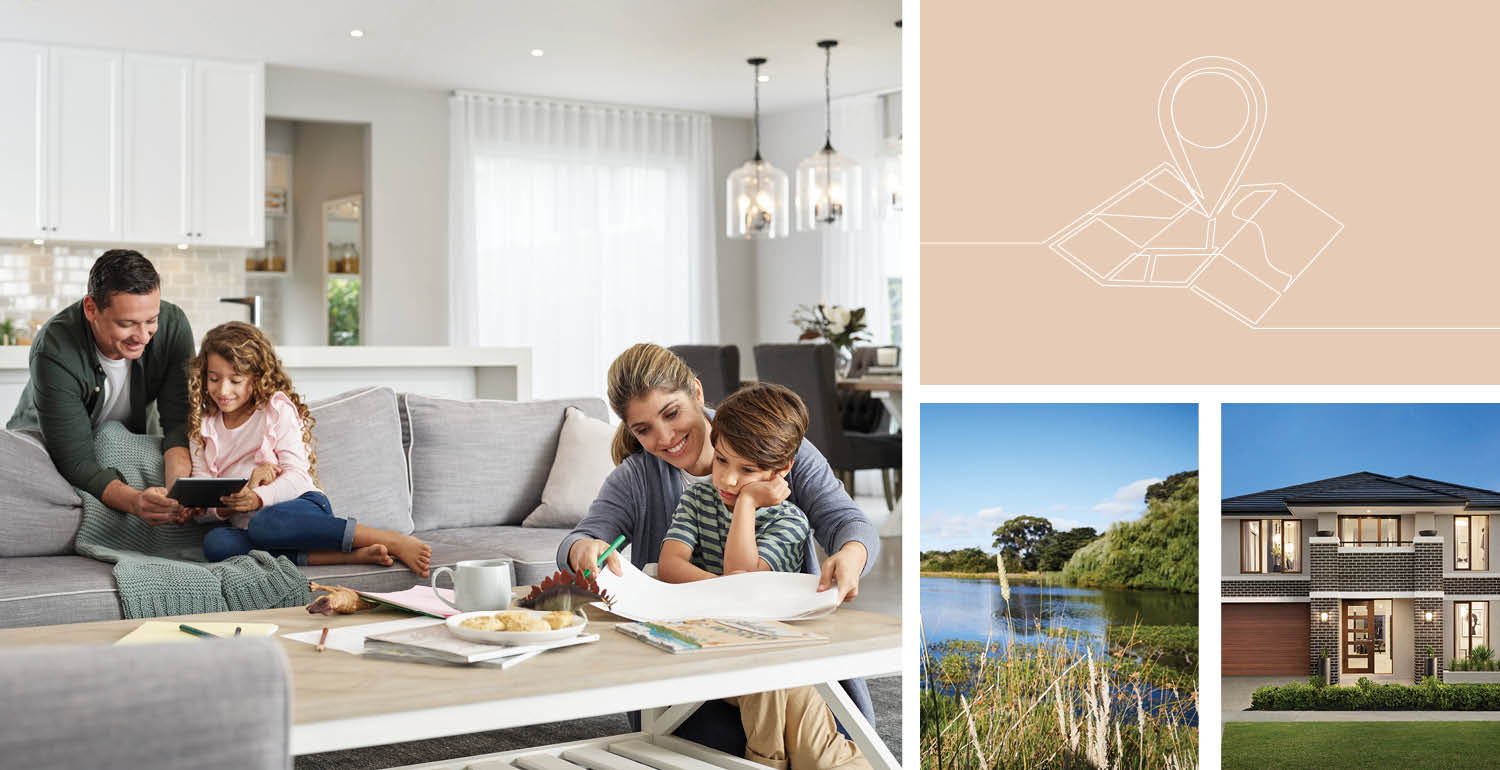 Discover Berwick, Where a Better Lifestyle Awaits
Discover Berwick, Where a Better Lifestyle Awaits
Are you looking for a beautiful and affordable suburb within easy reach of the CBD to build your dream home? The south-eastern suburb of Berwick could be just the one.
Sign up to get the latest news from Carlisle Homes including exclusive offers, new home designs, and the latest trends and inspiration.